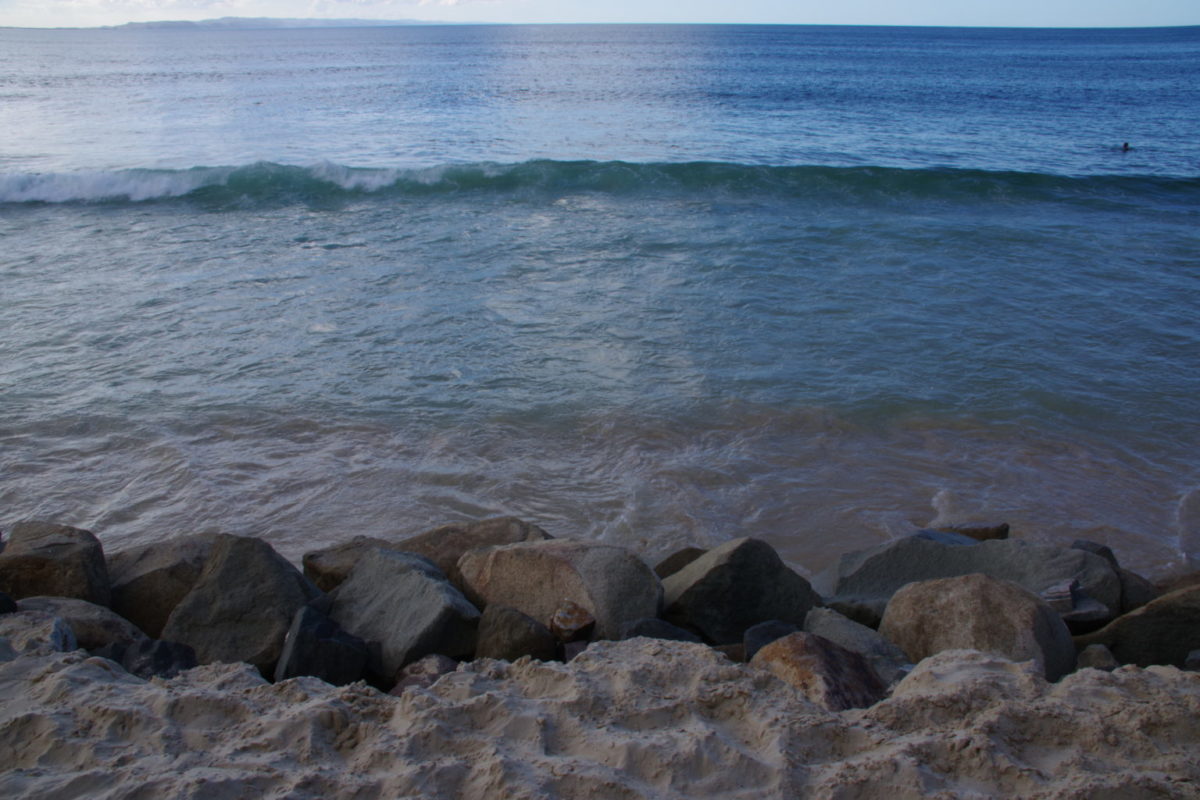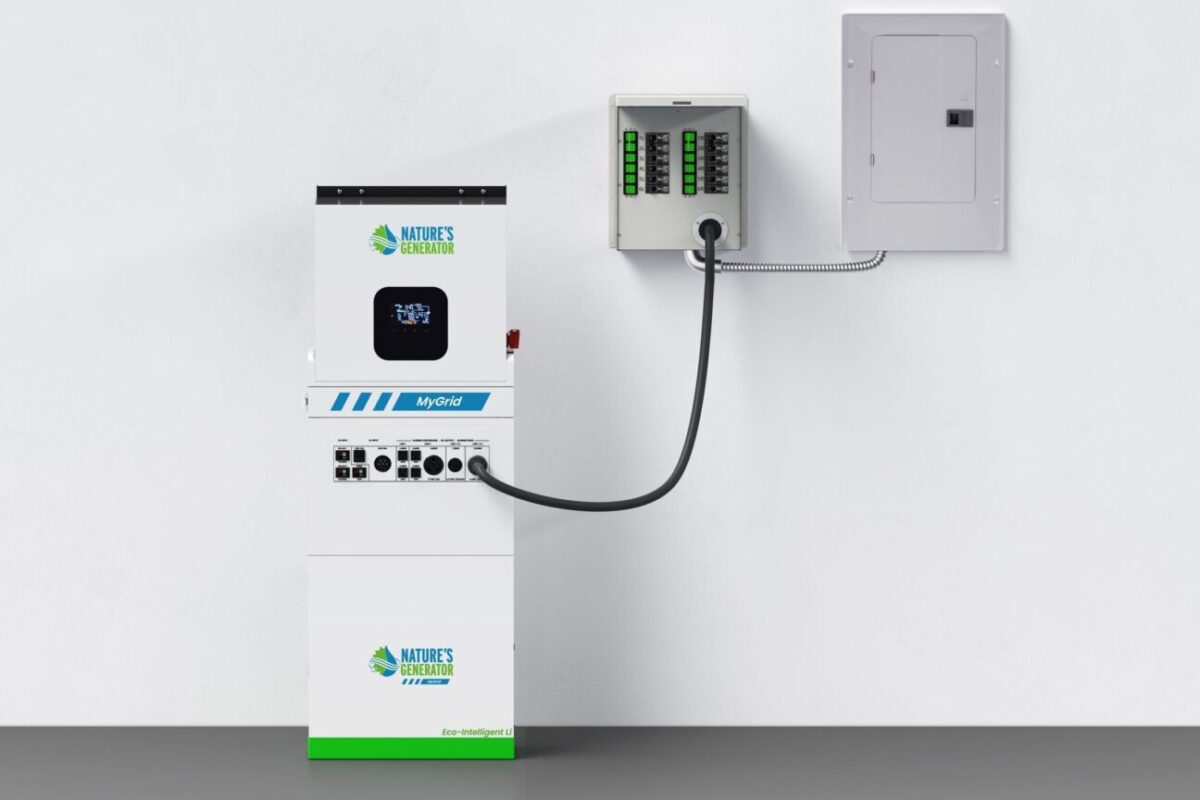University of Adelaide researchers have led an international team to the discovery of a method under which water straight from the ocean can be used in a commercial electrolyzer to efficiently produce green hydrogen.
“We used seawater as a feedstock without the need for any pre-treatment processes like reverse osmosis desolation, purification, or alkalisation,” said Associate Professor Yao Zheng, from the University of Adelaide’s School of Chemical Engineering.
The team simply filtered the seawater, which came from the Huanghai Sea in China, to remove solids and microorganisms.
“The performance of a commercial electrolyser with our catalysts running in seawater is close to the performance of platinum/iridium catalysts running in a feedstock of highly purified deionised water,” said Zheng.
The discovery addresses concerns about water scarcity that have lingered around green hydrogen discussions. The researchers have described the ocean as an “almost infinite resource,” accounting for 96.5% of the earth’s water reserves, but it has proven challenging due to the complexities of the water profile. The team’s solution boils down to adjusting the local reaction environment of the catalyst.
The team consists of researchers from China’s Tianjin University and Nankai University, as well as Kent State University in the United States. They published their research in Nature Energy this week.
To continue reading, please visit our pv magazine Australia website.
This content is protected by copyright and may not be reused. If you want to cooperate with us and would like to reuse some of our content, please contact: editors@pv-magazine.com.




2 comments
By submitting this form you agree to pv magazine using your data for the purposes of publishing your comment.
Your personal data will only be disclosed or otherwise transmitted to third parties for the purposes of spam filtering or if this is necessary for technical maintenance of the website. Any other transfer to third parties will not take place unless this is justified on the basis of applicable data protection regulations or if pv magazine is legally obliged to do so.
You may revoke this consent at any time with effect for the future, in which case your personal data will be deleted immediately. Otherwise, your data will be deleted if pv magazine has processed your request or the purpose of data storage is fulfilled.
Further information on data privacy can be found in our Data Protection Policy.